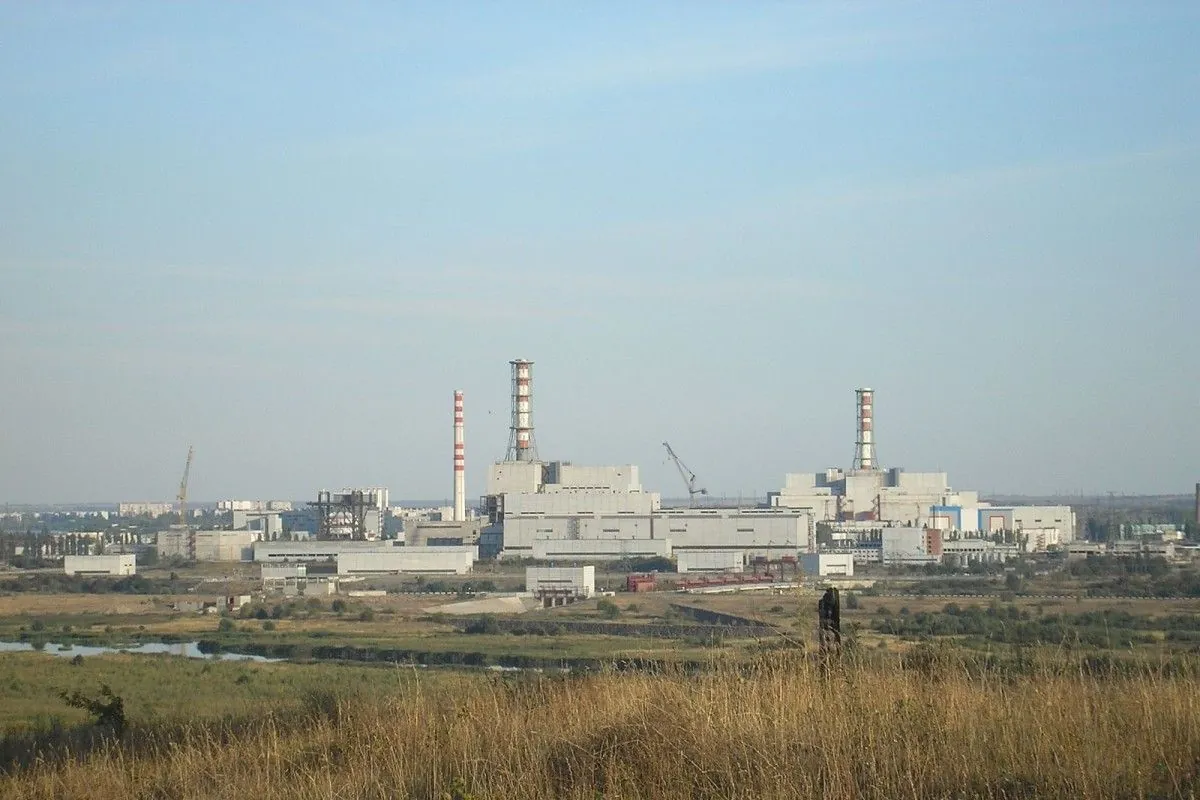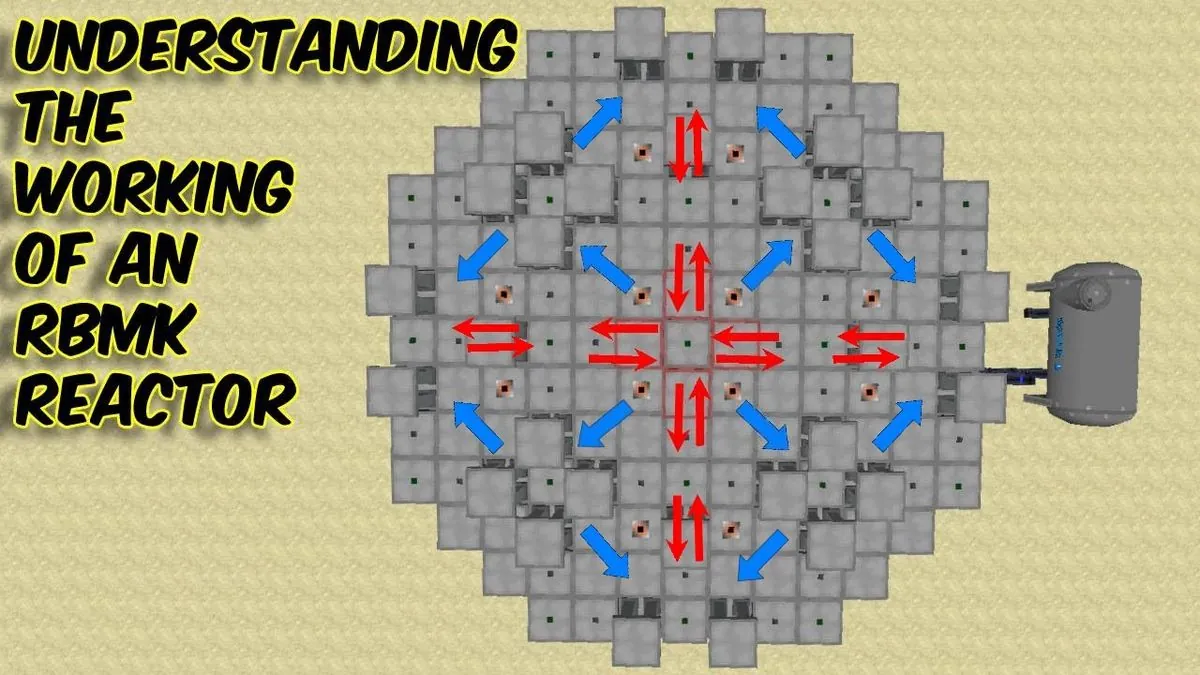Russia Urges IAEA for Clearer Stance on Nuclear Safety Amid Ukraine Conflict
Russia calls for a more objective IAEA position on nuclear safety following the agency chief's visit to Kursk plant. Concerns rise over potential risks amid ongoing conflict near nuclear facilities.

Russia has called for a "more objective and clearer" stance from the International Atomic Energy Agency (IAEA) regarding nuclear safety. This request comes in the wake of IAEA Director General Rafael Grossi's visit to the Kursk nuclear power plant in Russia on August 27, 2024.
The Kursk facility, situated approximately 40 km from recent military activities, has become a focal point of concern. Grossi inspected damage allegedly caused by a drone strike, highlighting the plant's vulnerability due to its lack of a containment dome – a standard safety feature in modern nuclear facilities.
Maria Zakharova, spokesperson for the Russian Foreign Ministry, emphasized Moscow's desire for the IAEA to articulate its position more clearly on nuclear security matters. She stated, "We seek a more objective and clearer expression of this organization's stance, not to favor our country or confirm Moscow's position, but to prioritize facts with the specific goal of ensuring safety and preventing catastrophic scenarios."

The Kursk plant utilizes RBMK reactors, the same type involved in the Chernobyl incident. This design lacks the protective containment structures found in most contemporary nuclear power stations, making it potentially more susceptible to external threats.
"Again, pointing fingers is something that I, as director general of the IAEA, must take extremely seriously. But it is obvious that you cannot separate what we have seen here from the recent military activity that we have seen."
The IAEA, established in 1957 as an autonomous UN organization, has been at the forefront of nuclear safety and non-proliferation efforts. The agency, which received the Nobel Peace Prize in 2005, has consistently urged both sides in the 30-month-long conflict to refrain from military activities near nuclear installations to prevent potential disasters.
As tensions persist, the international community remains vigilant. The IAEA's role in monitoring and safeguarding nuclear facilities worldwide has never been more critical, especially in conflict zones where the risks of nuclear incidents are heightened.


































